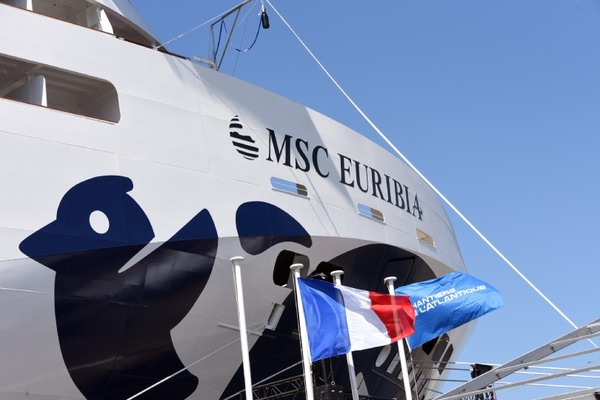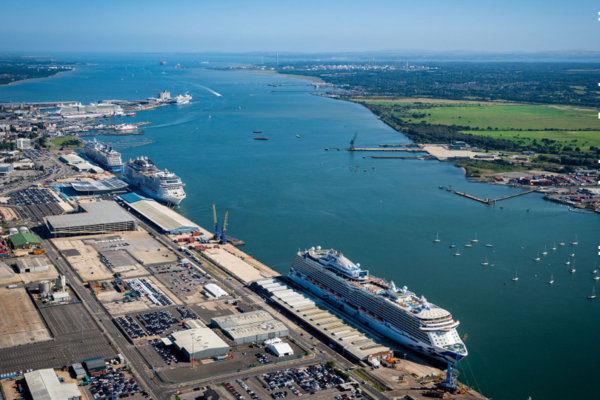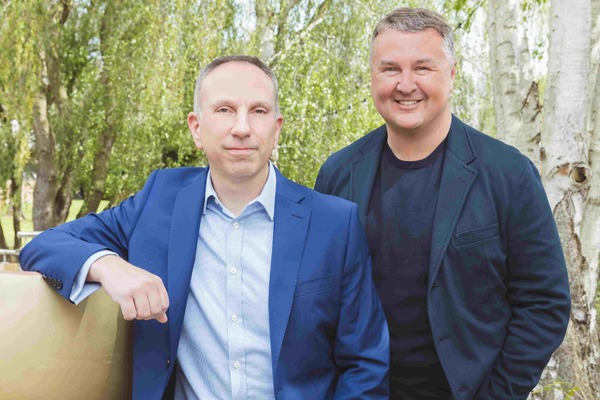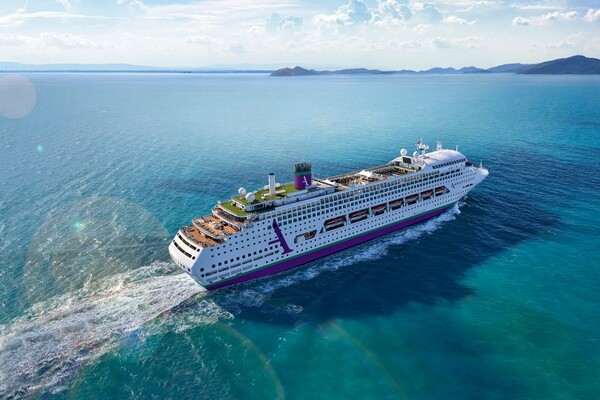Four issues that could stand in the way of another 'big year' for cruise
New ships are entering the market next year, pricing is high, and many in the cruise industry are predicting another record-breaking year in 2024. However, certain long-standing issues facing the sector remain. TTG senior reporter Harry Kemble reports from Clia’s annual Forum this week.
Coming out of the pandemic, the cruise industry – like so many other sectors – has been faced with extreme recruitment challenges as worn-out workers battled to do their day-to-day jobs.
Extraordinary workloads were placed on staff members’ shoulders at cruise lines and travel agencies across the country. Teams were generally smaller than before the pandemic too, and staff suffered as a result.
The situation prompted many to weigh up their careers, ultimately resulting in some leaving the industry altogether – creating hundreds of vacancies across the travel sector.
Fast forward to today, and Royal Caribbean’s EMEA vice-president Ben Bouldin argued that the recruitment situation had started to “ease” and was getting better by the day. “I think confidence to join the travel industry is getting better all the time,” he said, adding: “[Recruitment] is an area that we’ll continue to focus on.”
’Know the cost of poor hires’
BBC business editor Simon Jack noted Bouldin’s views, and urged employers to get the most out of their existing staff, as they do in France. “In this country we’ve got a massive productivity problem,” he said. “Believe it or not, if we were French, we would take every Friday off. They achieve in four days what we achieve in five.
“Because it’s difficult to sack people in France, you make sure you get more bang for your buck; you give your staff the best kit, the best training around, so they become more productive.”
Kristina Wallen, founder of recruitment firm Harp Wallen, predicted that “some” recruitment challenges would return next year.
Speaking to TTG, she said: “The very important point, which Simon Jack made, was in order to keep your key players you must give them the tools. If companies knew the cost of a poor hire, they would see the very tangible need to give key players the right tools.”
Bouldin also hailed Clia’s ever-improving relationship with Westminster in his keynote address.
Entering the pandemic, the UK cruise sector’s relationship with government, or lack of one, was painfully apparent. Both Clia and government struggled to communicate what they needed from each other during those initial months of Covid.
However, despite ministers constantly coming and going, things have massively improved since March 2020. Reflecting on 2023, Bouldin told delegates: “As ever, Clia has played a really important job in the cruise industry’s success this year.
“Clia has taken us forward in Westminster, thanks to meetings with government minsters, senior officials and shadow ministers.”
Political landscape ’complicated and fragmented’
Bouldin, though, said it was “critical” the sector continued to focus on regulatory matters and “build on the relationships we have with government officials”.
“Clia has become a key part of government – and that is something that we’ll develop further in 2024,” he continued.
He predicted the UK’s “complicated political landscape” would pose Clia UK and Ireland managing director Andy Harmer and other cruise leaders problems.
“Next year, we’ll see a general election,” he said. “The political landscape is going to be complicated and fragmented and it will make it difficult for Andy [Harmer] and Clia.”
Cruise chiefs warned agents to avoid a price war at all costs in 2024. With 20 ships slated to launch next year, fears the sector is heading for a “blood bath" on pricing are growing.
But Bouldin and his counterpart at Celebrity Cruises, Giles Hawke, urged agents to tell customers about the quality a cruise offers, rather than highlighting the low lead-in prices.
Celebrity Cruises’ EMEA vice-president Hawke said: “2024 is going to be another big year. Demand is really high. We need to compete with the US market and we need to make sure that we’re delivering similar [average-per-diems] APDs and value in terms of holidays. We cannot sell really cheaply. We should not be so keen to bring prices down, we should be talking about the value and the quality.”
Hawke said there was no benefit to the agents who sold cruises based on price. “If you sell a higher priced cruise, you earn more commission,” he argued. “The amount of time it takes to sell a £299 cruise is the same as the time it takes to sell and service a £5,000 cruise.
"I am sure you would rather have the commission from a £5,000 booking. I don’t understand the excitement around really cheap deals.”
’Book early’ message
Bouldin added: “We do not want the market to become a price-driven market and have a blood bath on price. Let’s make sure we kick off January really talking about what cruise offers guests.”
Paul Melinis, APT’s UK and Europe managing director, told agent delegates to avoid a price war by selling earlier in the booking cycle.
“2023 is looking really good,” noted Melinis. “We hit all of our goals by the end of August which we were really happy with. And 2024 is also looking good, but it will be a different playing field. The inventory is not going to be there, like 2023, so the message is book early.
"We don’t want to get into a price war. If we all understand that, that will benefit us and our travel agents.”

Bouldin stressed the importance of articulating the sector’s sustainability wins to customers.
He highlighted how Clia and its cruise line members needed to do a better job of educating agents who, in turn, could communicate sustainability achievements to clients.
Addressing agents directly, Bouldin said: “We continue to push the boundaries. I believe that the cruise industry is leading the way within the maritime sector.
“We’re trying new fuels and new technologies. We’re pushing hard to reach net zero [emissions]. One of things we need to do is do a better job of educating you. It’s going to become increasingly important that you’re able to articulate the great strides the cruise industry has made.”
Communicating sustainability 'a huge challenge'
Highlighting recent customer research carried out by Mail Metro Media, Ryan Uhl, Mail Metro Media chief brand strategy officer, admitted the sector faced “a huge challenge” to communicate the importance of booking an eco-conscious holiday.
“59% of people we surveyed say they do not think about environmentally-friendly holidays, but 55% say that they would like to understand more about what cruise companies are doing to be more sustainable,” explained Uhl.
“Please think about the consumers that you are talking to. Do ask them the questions about whether they want to learn more about sustainability.”
Linden Coppell, MSC Cruises’ sustainability and ESG vice-president, said customers were unaware of the progress cruise lines had made in recent years.
She added: “It’s these kinds of things that we want to communicate to our guests in a way that they understand.
“When customers are told about something they are appreciative of it.”
But Coppell admitted customers were not driving cruise lines to be more sustainable. “I think it’s driven more by societal expectations,” she said.
Sign up for weekday travel news and analysis straight to your inbox

Harry Kemble
Supplier Directory
Find contacts for 260+ travel suppliers. Type name, company or destination.















